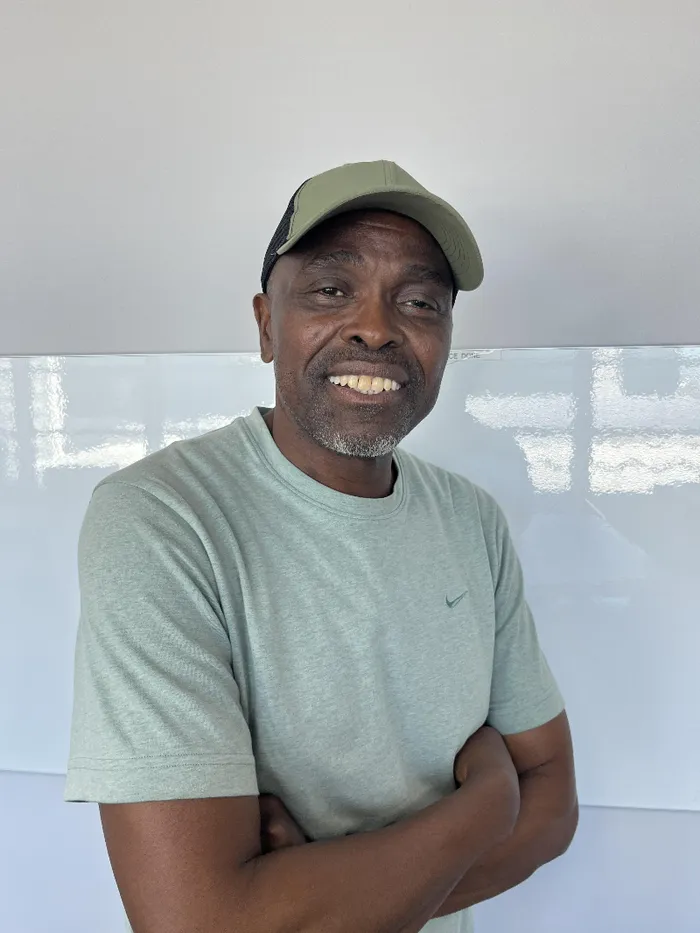Opinion: Africa's purple revolution against gender-based violence dominates social media

Central reporter Phiri Cawe.
Image: Supplied
Thousands of women across South Africa are participating in the purple initiative, changing their profile pictures to purple to show support for courage, unity, and resistance against gender-based violence.
The campaign has gained widespread attention on social media, with participants using the colour purple to make a public statement against injustice.
They’re calling it Women for Change - a movement born out of pain, powered by outrage, and sustained by hope.
On Friday, November 21, women across the country plan to shut down South Africa by dressing in black and marching in silence against gender-based violence. The call is clear: Declare gender-based violence a national disaster.
According to police in the past year, 5 578 women were murdered in South Africa, a 33.8% increase from the previous year. The country’s femicide rate is six times higher than the global average, according to police.
Behind each figure is a name, a face, a family - and a nation haunted by violence it can no longer ignore.
From Zimbabwe to Namibia, Kenya to Korea, the movement is gaining traction. Women across the world are showing solidarity, changing their profile pictures to purple, and amplifying the message: enough is enough. The media, once a passive observer, has become the front line of activism, proof that digital platforms can mobilise real change.
Purple, once just a colour, has become a symbol of defiance.
“I never thought the colour purple could be this fierce,” one supporter said.
“Now it feels like power itself.”
Still, this is about more than a single protest. It’s a reckoning with an entire culture that has normalised violence and excused silence. It’s a call for accountability - from the government, the justice system, and from men.
Because this fight is not just about women. It’s about all of us.
And as a man, I must say, it’s about us, too.
Men, we must stop the violence. These women are not protesting against strangers; they are protesting against us. Their fear is our creation. Their courage is our test. Their pain is a mirror reflecting our collective failure.
Something is deeply broken in how we raise our boys. The anger, the entitlement, the ease with which young men reach for violence - it should terrify us. When a 12-year-old boy holds a gun and takes a life, we must ask: What happened to our values? What happened to the village that once raised the child?
Respect, empathy, and community - these were once the pillars of our upbringing. Today, they are shadows. We pass one another like strangers, disconnected from the moral fabric that once held us together. Today, sithi bhuti enkwenkweni.
Should femicide and gender-based violence be declared a national disaster? Perhaps the question no longer needs asking. The numbers already tell us that it is. When women are dying at a rate six times higher than the global average, when thousands of lives are extinguished in a single year, the crisis has already reached disaster proportions.
This is not a women’s issue. It is a national emergency.
To the men: this is the moment to listen, to unlearn, to stand with women, not in defence of our pride, but in defence of our humanity. The time for denial is over. The time for unity has come. Sadly, the women who lost their lives in the country have numbed and sensitised too many people.
Masihlanganeni, ma-Afrika (Let’s come together Africans).
On Friday, November 21, the streets will turn black, the world will turn purple, and history will remember those who stood up and said: Enough. Kubo.
Related Topics: